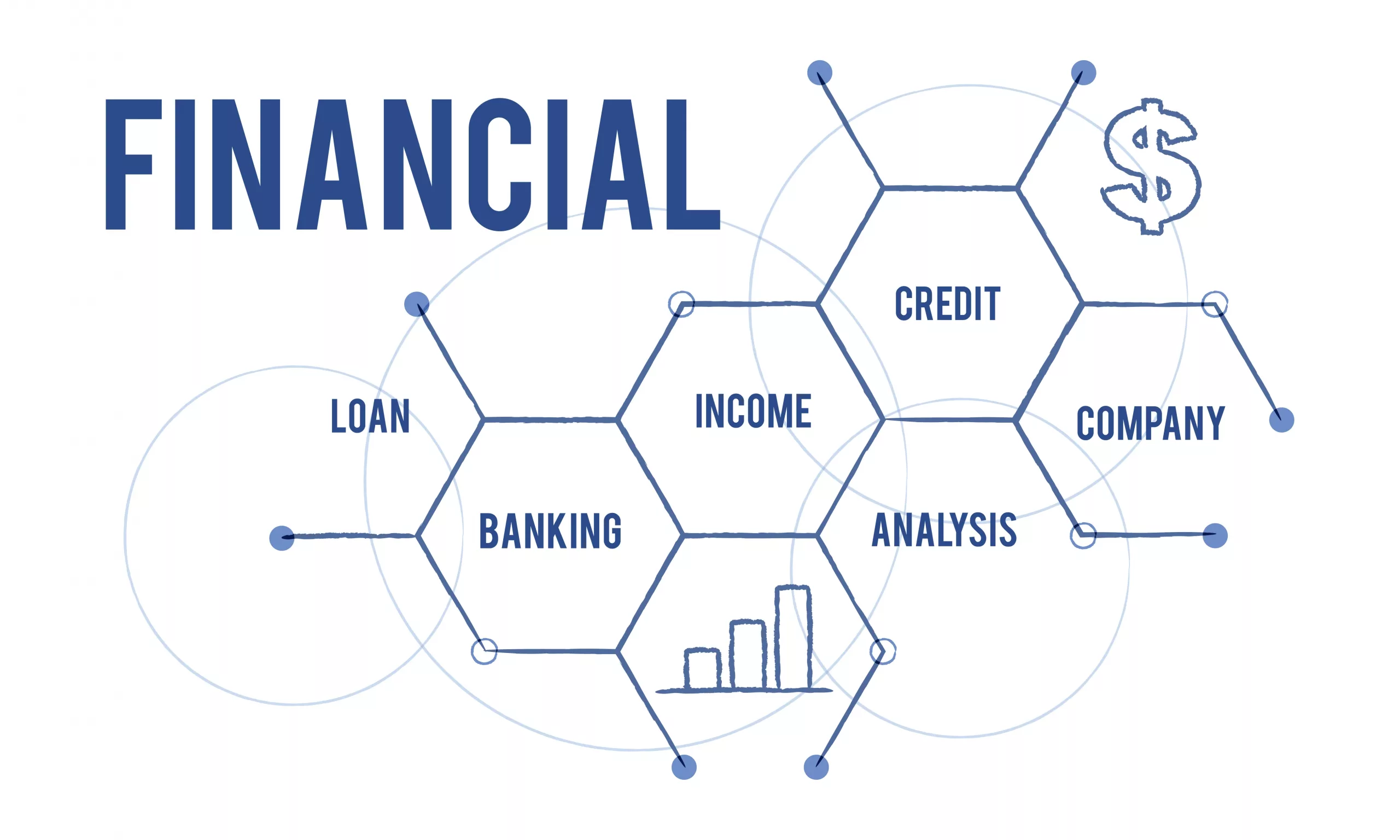A Complete Guide to Managing, Saving, and Growing Your Money

Why Personal Finance Matters More Than Ever
Money isn’t just about paying bills — it’s about freedom, security, and being able to live life on your own terms. That’s what personal finance is really about: learning to handle your money so you can enjoy today and still be ready for tomorrow.
In the U.S., where costs can climb faster than paychecks, having a plan for your money isn’t optional. Without one, you can find yourself stressed, stuck in debt, or unprepared for big life changes.
Example: Imagine you earn $4,000 a month but spend $3,800. That leaves only $200 in savings each month — just $2,400 after a year. But if you cut a few expenses and save $800 a month, you’d have $9,600 in just 12 months. That’s the kind of change smart personal finance can make.

The Five Building Blocks of Personal Finance
Think of personal finance as five connected areas:
Budgeting – Tracking your income and expenses so you know where your money goes.
Saving – Putting money aside for emergencies and goals.
Investing – Using your money to make more money.
Credit & Debt Management – Keeping debt under control and credit in good shape.
Insurance & Retirement Planning – Protecting your future and preparing for life after work.
How to Build a Budget That Works
One of the easiest and most popular methods is the 50/30/20 rule:
-
50% for needs like rent, groceries, and bills.
-
30% for wants like dining out or hobbies.
-
20% for savings and paying off debt.
How to Start:
-
Write down your total monthly income.
-
Track every expense for 30 days.
-
Separate “needs” from “wants.”
-
Adjust your spending to match the 50/30/20 split.
Smart Ways to Save Money — No Matter Your Income
Even if your budget is tight, small changes add up:
-
Build an Emergency Fund – Aim for 3–6 months of living expenses.
-
Open a High-Yield Savings Account – Earn more interest without extra work.
-
Automate Your Savings – Transfer money to savings right after payday.
Tip: Just $50 saved each week adds up to $2,600 a year.
Investing Made Simple for Beginners
You don’t need thousands to get started — some U.S. apps let you invest with as little as $5.
Good Starting Points:
-
Index Funds & ETFs – Low-cost, diverse investments.
-
Dividend Stocks – Provide regular income while growing over time.
Avoid:
-
Putting all your money in one stock.
-
Selling in a panic when the market dips.
Your Credit Score — Why It Matters and How to Boost It
A good credit score can mean lower interest rates, easier loan approvals, and even cheaper insurance.
What Impacts Your Score:
-
Payment history (on-time payments are key).
-
Credit utilization (keep it under 30%).
-
Length of credit history.
Quick Boost Tips:
-
Pay all bills on time.
-
Keep older credit accounts open.
-
Pay down high balances as fast as possible.
How to Pay Off Debt Without Feeling Overwhelmed
Two strategies that work:
-
Snowball Method: Pay off the smallest debts first for quick wins.
-
Avalanche Method: Pay off high-interest debts first to save money in the long run.
Extra Tips:
-
Avoid payday loans — the interest is brutal.
-
Consider debt consolidation if it lowers your interest rate.
Start Planning for Retirement Now
The earlier you start, the less you have to save each month — thanks to compound interest.
Popular Retirement Accounts in the U.S.:
-
401(k): Employer-sponsored plan with tax benefits.
-
IRA / Roth IRA: Personal retirement accounts with tax advantages.
Example: Saving $300 a month at a 7% return starting at 25 could grow to over $700,000 by age 65.
Helpful Tools for Managing Your Money
-
Mint – Free budgeting app.
-
YNAB (You Need A Budget) – Paid but very effective.
-
Team Financer Savings Calculator – Our own tool to show how much you can save over time.
